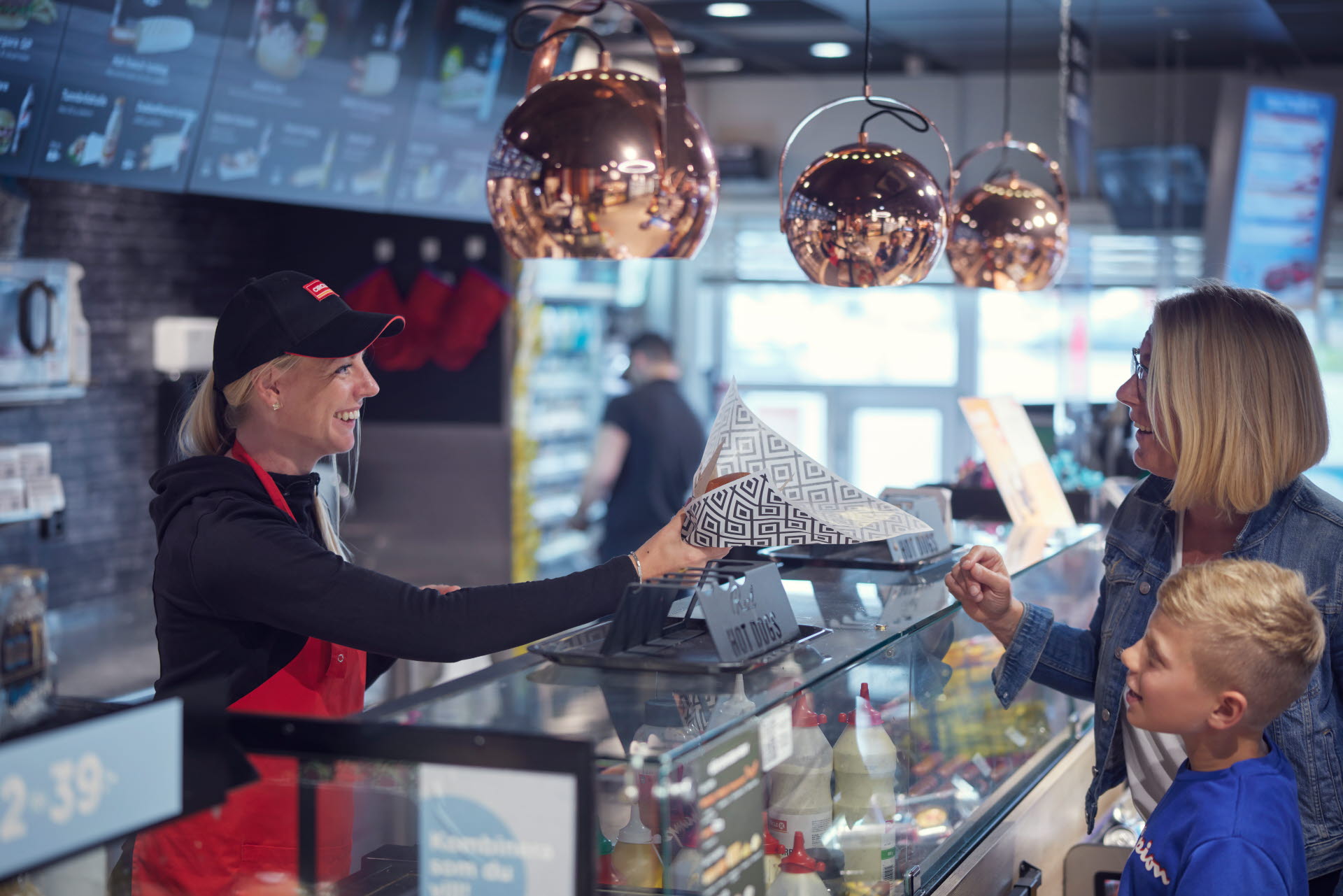
Navigating the crisis
Combating retail worker abuse and elevating wellbeing through AI innovation.
The retail sector is currently confronting two critical challenges: a surge in worker abuse and a decline in staff wellbeing. Insights from Retail Week Live 2024 and The Retail Trust’s innovative ’happiness dashboard’ underscore the severity of these issues.
This report advocates for a collective effort involving legal reforms, enhanced security measures, societal changes, and the strategic application of AI technologies to mitigate abuse and improve employee wellbeing. Key recommendations include the adoption of legislation similar to Scotland’s Protection of Workers Act, investment in security technologies, and the implementation of AI-driven tools to track and enhance staff wellbeing. These measures not only promise a safer and more supportive work environment but also offer economic benefits, reinforcing the case for a comprehensive and humane approach to retail industry challenges.
Introduction
The retail industry is at a crossroads, grappling with the dual challenges of increasing abuse against workers and declining staff wellbeing. Recent discussions at Retail Week Live 2024 and initiatives by The Retail Trust have brought these issues into sharp focus, calling for immediate action. This report analyzes the current crisis and proposes a blend of legislative, technological, and societal solutions to address these pressing concerns.
Retail worker abuse
- Statistics and impact: A staggering 41% of retail workers face threats or physical harm weekly, with nearly half reporting feelings of unsafety at work.
- Responsibility and action: There’s a consensus on the collective responsibility to protect retail staff, involving law enforcement, retailers, and the community. The emphasis is on reporting incidents and advocating for legislative changes to deter abuse.
Enhancing staff wellbeing with AI
- The Happiness Dashboard: Developed by The Retail Trust, in collaboration with retailers and tech partners, this platform leverages AI to track and improve staff wellbeing, demonstrating the economic value of mental health initiatives.
- Economic Impact and Feedback: The dashboard highlights the financial viability of mental health investments, with a reported return of £5.30 for every £1 spent. Feedback from retailers like FatFace and Next confirms its effectiveness in understanding and addressing staff wellbeing needs.
Recommendations
- Legislative reforms: Advocate for the adoption of protective legislation akin to Scotland’s Protection of Workers Act across the UK.
- Investment in security technologies: Encourage retailers to enhance in-store security measures and reporting mechanisms.
Fostering Societal Change: Initiate campaigns to change societal attitudes towards retail workers, promoting respect and understanding. - Implementing AI wellbeing tools: Support the widespread adoption of AI technologies like the ’happiness dashboard’ to monitor and enhance staff wellbeing.
- Economic justification for wellbeing investments: Utilize data from AI platforms to highlight the economic benefits of investing in employee mental health and wellbeing strategies.
Conclusion
Addressing the crisis of retail worker abuse and the decline in staff wellbeing demands a comprehensive strategy encompassing legal, technological, and societal interventions. By adopting the recommended measures, the retail industry can ensure a safer, more supportive work environment, while also reaping significant economic benefits. The time for action is now, with the wellbeing of the workforce and the future of the retail sector at stake.
Want to receive regular retail insights?
Sign up for our newsletter today.


